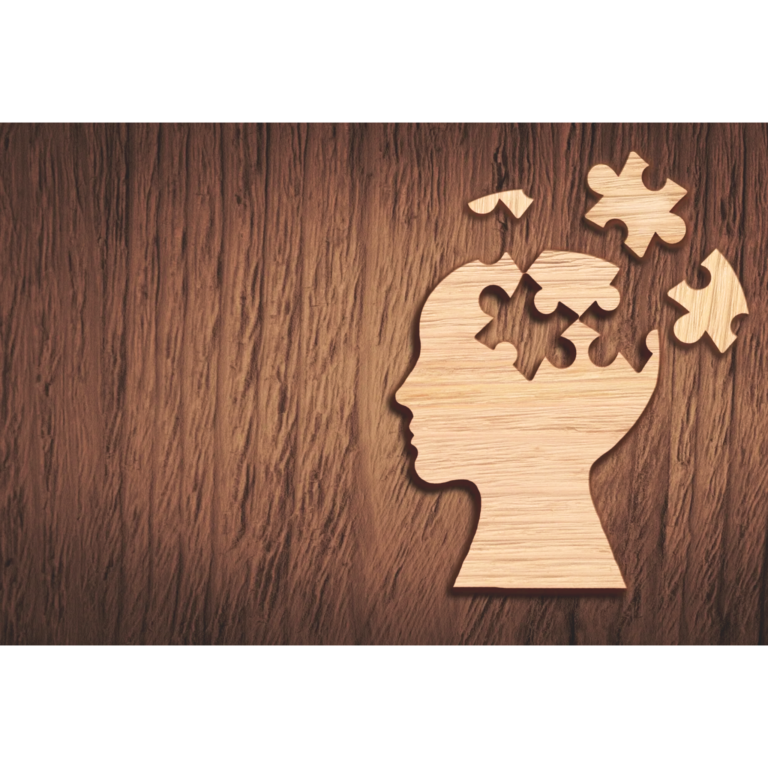8 Early Signs of Dementia
Yes, forgetfulness can happen to everyone from time to time, and it’s generally not a cause for concern. Have you ever walked into a room and couldn’t remember why you entered that room, or you misplaced your cell phone, wallet or glasses? You most likely have experienced this type of forgetfulness.
Our brains process a vast amount of information, and sometimes it’s natural for certain details to escape our mind temporarily. Techniques like retracing steps or taking a moment to recall can often help us remember what we were trying to do or find. If forgetfulness becomes persistent or significantly impacts daily life, it may be worth discussing with a healthcare professional.
Here are eight early signs of dementia that are often observed
1. Memory loss that effects your daily activities
- Missing appointments or events
- Trouble recalling recent events
- Difficulty remembering names or familiar information
2. Trouble problem solving
- Unable to realize a battery needs to be replaced in a flashlight
- Difficulty following instructions
- Trouble planning events or organizing the home
3. Difficulty completing daily tasks
- Cooking or preparing meals
- Paying bills or managing finances
- Selecting the correct clothes according to the weather
4. Trouble holding or following a conversation
- Difficulty finding the right words
- Unable to express thoughts and feelings verbally
- Trouble following a conversation
5. Poor judgment
- Choosing to walk without a walker even though it’s needed for safety
- Becoming a victim of scams
- Donating too much money without respect to one’s budget
6. Change in mood or personality
- Becoming socially withdrawn
- New onset of anxiety
- Having a short temper and becoming upset quickly
7. Losing items
- Unable to retrace steps to locate objects
- Putting items in peculiar places
- Leaving personal items, such as keys or wallet, at a store
8. Visual or spatial problems
- Frequent falls
- Dropping items
- Difficulty judging distances
If you believe you are experiencing early signs of dementia, it is recommended to consult with your healthcare provider. They will evaluate your symptoms, review your medical history and conduct necessary tests to provide a diagnosis. It’s important to seek an evaluation as early as possible and rule out any underlying medical condition that may be the cause of cognitive decline. Some causes may be treatable or manageable with appropriate support and treatment.
Your primary healthcare provider may refer you to a neurologist, psychiatrist or geriatric specialist who have expertise in diagnosing, treating and caring for dementia patients. These specialists can offer more advanced testing and treatment options. Collaborating with a team of healthcare professionals who are experienced in dementia can help ensure you receive comprehensive care which will enhance your quality of life.
Receiving a new diagnosis of dementia can be overwhelming, but we are here to help. Please consider our dementia care consultation services to help you manage the condition. Remember, you don’t have to face this alone.

